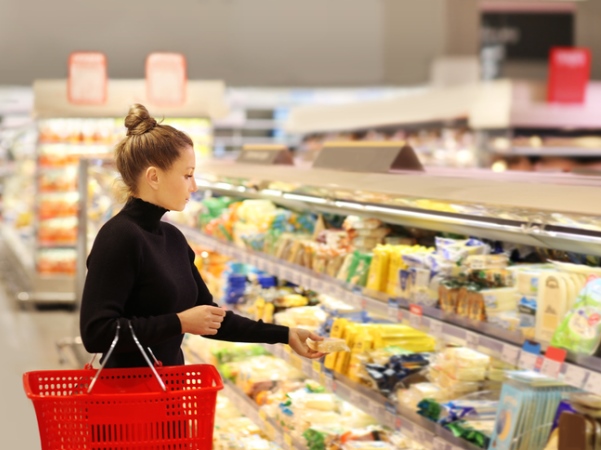A range of cheese products are being recalled in New Zealand because of a potential risk of contamination with Listeria. Listeria is commonly found in the environment and can make people sick (Listeriosis) if they consume contaminated food.
Infection can be serious for those with poor immunity and for pregnant women, says Ministry for Primary Industries Director of Compliance Gary Orr. “We’ve received unconfirmed test results indicating the presence of Listeria in one of the products processed at the Talbot Forest Cheese factory in Temuka. The company recognises the potential risk and is working to have the product removed from shelves. We will be working with the company to ensure it is properly managing future risk of product contamination by Listeria.”
A number of brands are included in this recall as the factory cuts and packs products for a number of companies.
For information on the affected products please see the recall site at: https://www.mpi.govt.nz/food-safety/food-recalls/recalled-food-products/
It is important for consumers to check the product names and best before dates as not all products are affected. No other products from these brands are affected by this recall. These products are sold at retail outlets across New Zealand. None of the product has been exported.
MPI says: “We are working with Toi Te Ora Public Health to identify the source of Listeria for the three cases of Listeriosis in Tauranga. While it is important to note that there is no evidence at this stage of a link between these products and the cases in Tauranga, it is a timely reminder for those who are more at risk of Listeriosis – including pregnant women and their unborn babies, newborn babies, people with weakened immune systems and elderly people – what foods they should avoid.
These include the following products:
- uncooked, smoked or ready-to-eat fish or seafood, including oysters, prawns, sashimi or sushi
- paté, hummus and tahini-based dips and spreads
- cold pre-cooked chicken
- processed meats including ham and all other chilled pre-cooked meat products including chicken, salami and other fermented or dried sausages
- pre-prepared, pre-packaged or stored salads (including fruit salads) and coleslaws
- raw (unpasteurised) milk and any food that contains unpasteurised milk
- soft-serve ice creams
“If you or anyone in your household is in an at-risk group, it is especially important to take a few simple food safety precautions:
- Avoid eating the high-risk foods listed above.
- Follow good food hygiene practices, such as washing and drying hands before preparing food and after handling or preparing raw foods.
- Eat freshly cooked or freshly prepared foods.
- Wash all raw fruit and vegetables very well before eating.
- Cook foods thoroughly.
- Refrigerate leftovers immediately and do not keep for more than 2 days. Reheat to steaming hot before eating.
- People not in the above risk groups can generally consume these food products safely. However, if they do become infected they may experience mild diarrhoea and flu-like symptoms, generally occurring within a few days of eating Listeria-contaminated food.
“For those in the high-risk groups, Listeriosis typically has an incubation period of 2-3 weeks (or longer) before symptoms appear. If you are concerned about your health or believe you have been affected, please talk to your doctor.”
For more information about Listeria and prevention visit the Ministry of Health website at www.health.govt.nz/listeria
Information on Listeria and food safety from the Ministry for Primary Industries:
- For people with low immunity – https://www.mpi.govt.nz/food-safety/food-safety-for-consumers/people-with-low-immunity/
- List of safe foods in pregnancy – https://www.mpi.govt.nz/food-safety/food-safety-for-consumers/food-and-pregnancy/list-of-safe-food-in-pregnancy/
- Food safety in pregnancy, pull-out guide – https://www.mpi.govt.nz/dmsdocument/7251-food-safety-in-pregnancy-pullout-guide



